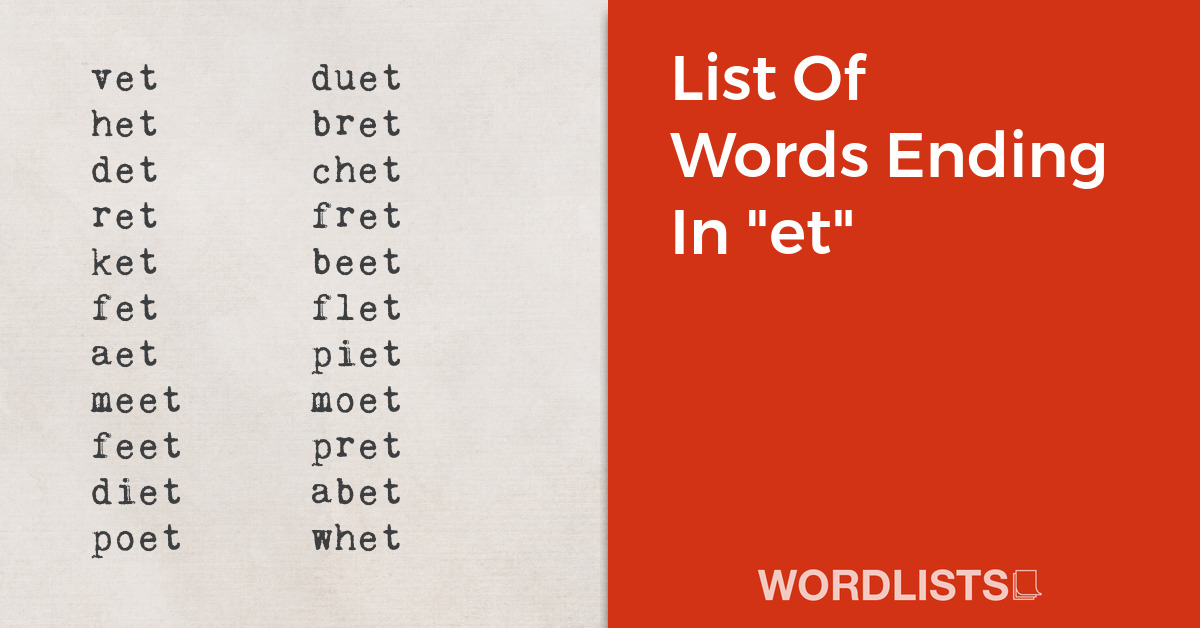Fire is a powerful and transformative force, capable of both destruction and creation. From the warmth and light, it provides to the destruction it can cause, fire has a long and rich history in human society. There are many words associated with fire that help us describe and understand this element.

Subscribe to our mailing list to receive FREE exclusive content and offers!
From terms for different types of fires and fire-related phenomena to words that describe the uses and dangers of fire, this list of 50 words will give you a greater appreciation for the role that fire plays in our lives.
50 Words Associated With Fire Meanings
Heat: The high temperature produced by a fire.
Flame: The visible, glowing part of a fire that gives off heat and light.
Burn: To consume, damage, or change an object by exposing it to fire or heat.
Inferno: A large, uncontrollable fire, often used to describe extremely fierce or intense fires.
Blaze: A very large or fiercely burning fire.
Incinerate: To burn something completely, reducing it to ashes.
Char: To partially burn an object, causing it to blacken and often harden.
Ignite: To set on fire, or to start the combustion process.
Spark: A small particle of a burning substance thrown out by a body in combustion, often causing a fire to start.
Roast: To cook or heat by exposure to direct, intense heat, often over a fire.
Smoke: The visible vapor and gases given off by a burning substance.
Ember: A small piece of burning or glowing coal or wood in a dying fire.
Cremate: To reduce a body to ashes by burning, typically after death.
Torch: A stick with a flammable end that is ignited and used as a light source or a tool to set things on fire.
Arson: The criminal act of deliberately setting fire to property.
Combustion: The process of burning, a chemical reaction that involves fuel and an oxidant, producing heat and light.
Inflammation: The action of setting something on fire or the state of being on fire.
Conflagration: An extensive fire which destroys a large amount of land or property.
Flashpoint: The temperature at which a particular organic compound gives off sufficient vapor to ignite in air.
Fuse: A strip of material that ignites and burns at a predictable rate, used to ignite combustible material.
Tinder: Dry, flammable material, such as wood or paper, used for lighting a fire.
Fuel: A substance that is burned to produce heat or power, often used to sustain a fire.
Lighter: A small device used to create a flame for lighting a fire.
Match: A small stick of wood or strip of cardboard with a solidified mixture of flammable chemicals at one end, that is ignited by friction.
Candles: An object made of wax with a centrally embedded wick which is ignited to produce light.
Fireplace: A structure made of brick, stone, or metal designed to contain a fire, typically used for heating a room.
Grill: A device that cooks food by applying heat from below, often used with an open flame.
Campfire: An outdoor fire typically used for cooking or warmth, often made in a fire pit at a campsite.
Barbecue: A method of cooking that involves grilling food over an open fire, especially outdoors.
Stove: An appliance that produces heat for cooking, often by burning fuel.
Oven: A thermally insulated chamber used for baking or roasting food, often heated by gas, electricity, or a fire.
Furnace: A structure in which heat is generated, often for the purpose of heating a building or melting metals.
Kiln: A furnace or oven for burning, baking, or drying, especially one for calcining lime or firing pottery.
Scald: To burn with hot liquid or steam.
Boil: To heat a liquid until it begins to turn into a gas, typically involving the application of heat, often from a fire.
Melt: To change a substance from a solid to a liquid state usually by heat.
Sizzle: A sound made when something is being fried or burned.
Crackling: The sharp, snapping noise made by a fire.
Red-hot: Something heated to such a high temperature that it emits a reddish light.
Smoking: Emitting smoke, especially as a result of being heated or on fire.
Ash: The powdery residue left after the burning of a substance.
Soot: A black powdery or flaky substance produced by the incomplete burning of organic matter.
Carbon: A common element in all known life, and a component of fuels like wood and coal, which is released when these fuels are burned.
Residue: The material left behind after a process such as combustion.
Wildfire: A large, destructive fire that spreads quickly over woodland or brush.
Brush fire: A fire burning in vegetation that is predominantly shrubs, bushes, and short trees.
House fire: A fire that destroys or damages a home.
Cooking fire: A fire used to prepare food, either in a fireplace, stove, or open pit.
Controlled burn: A fire intentionally set for purposes of forest management, farming, prairie restoration, or greenhouse gas abatement.
Extinguish: To put out a fire or light.







